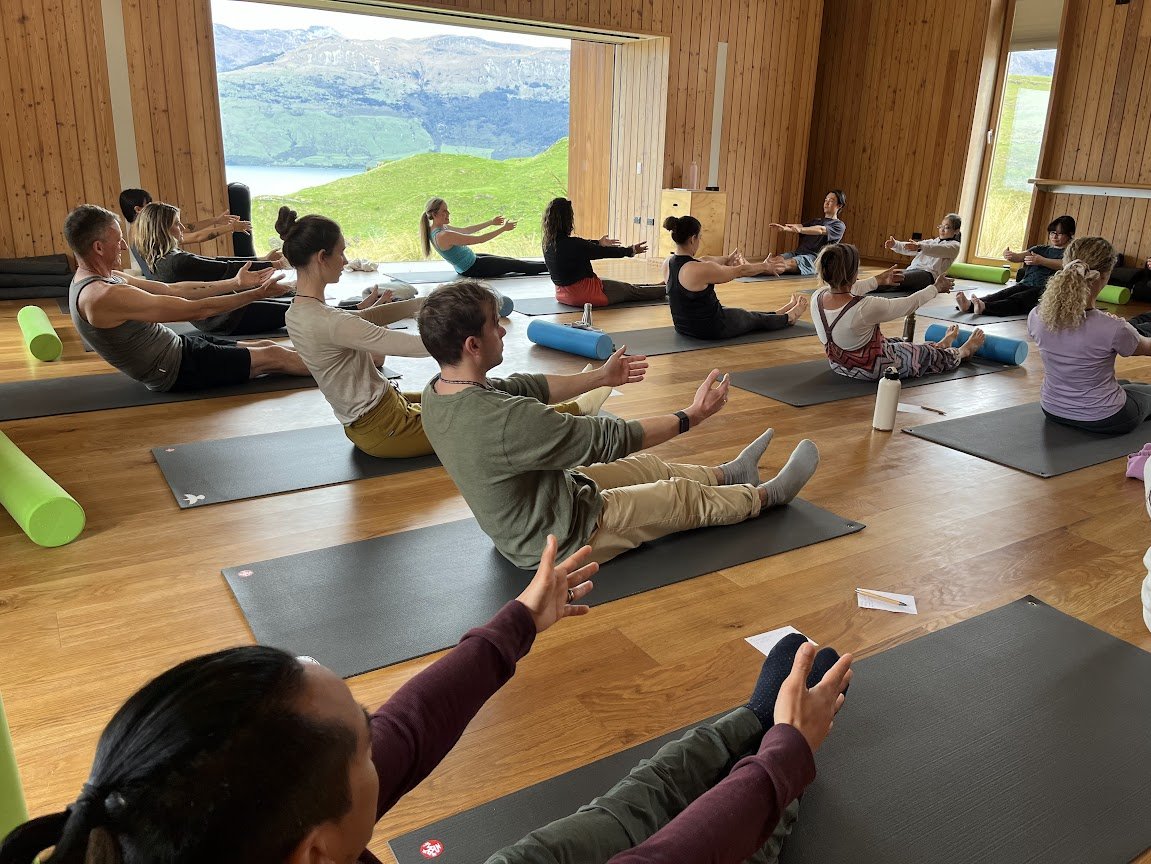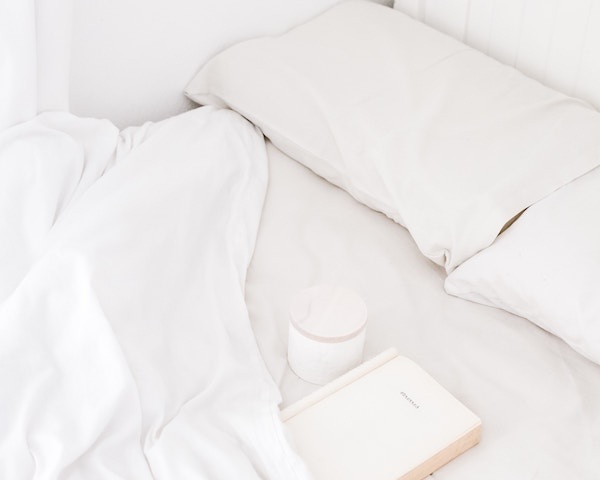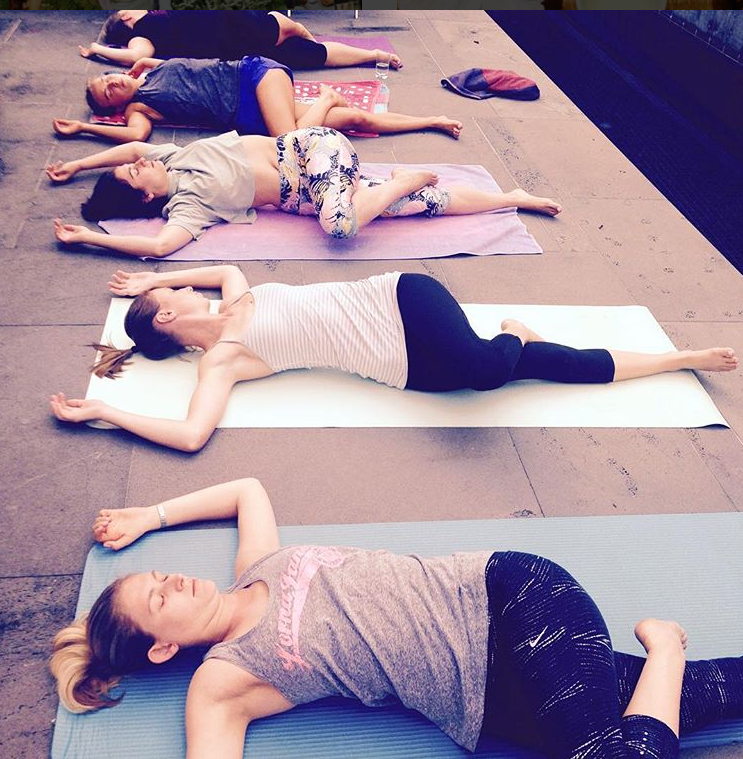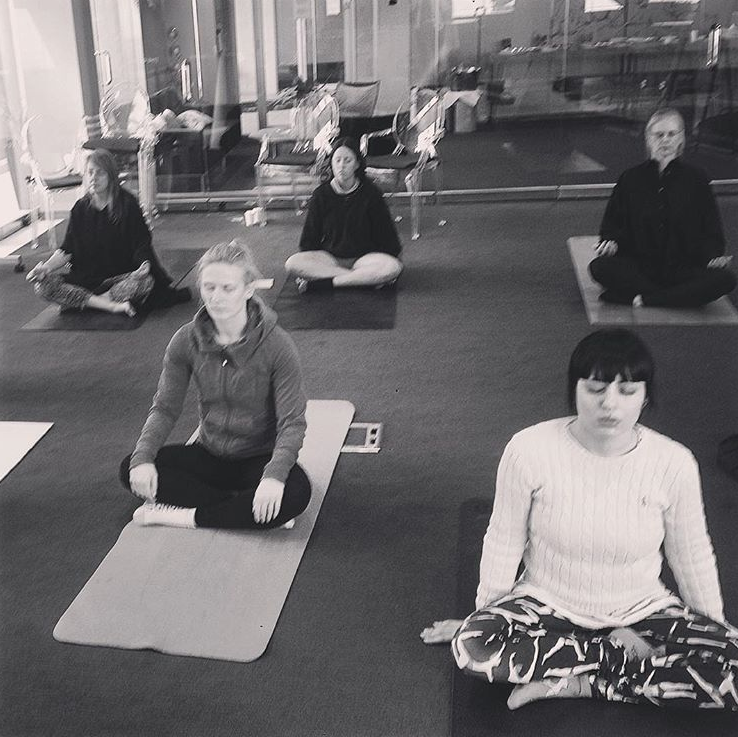To mark the end of Mental Health Month and with winter fast approaching the southern hemisphere, it’s time to think about ways to take time for yourself to make it through the chilly months.
Wellness writer Laurie Larson wrote this post for Aprivé Wellness to share her top tips! Check it out:
In honor of May being National Mental Health month, it’s a great time to reflect on how you are nourishing your soul. Mental health is important at all times of the year, so take this time to evaluate if you are truly allowing time for yourself and your well-being.
When you have a job and a family to care for, it can sometimes feel selfish to take time for yourself. However, it’s difficult to truly care for others or perform your daily tasks and work responsibilities if you aren’t properly caring for yourself.
In fact, spending time just for you is good for your overall health and wellness. There are many benefits of engaging in activities that are dedicated to self-care and self-awareness, including releasing negativity, promoting creativity, and fostering patience to help when you’re surrounded by others at work or at home.
With that in mind, here are five ways to find more time for yourself this winter.
1.Try a New Hobby
Picking up a new hobby as an adult can feel a little awkward and forced. However, hobbies can benefit you in several ways, including promoting flow and balance in your life. In this sense, flow is that feeling you get when you get lost in something that you feel passionate about. It is the opposite of scrolling on Facebook or staring at the television. Hobbies foster inspiration and passion that can spill over into other areas of your life, like work and family.
2. Book In Your Alone Time
Although it may seem like you don’t have time for yourself, if you write down what you do throughout a 24-hour day, you’ll probably be surprised at how much time is either wasted or dedicated to other things. Take an inventory of your activities down to the minute, and notice where you may be able to work some time in for yourself. If there’s a certain time of day when you notice you’re passing the time in unproductive ways, begin to fill that time of day with a hobby, do some exercises, or go for a walk. Your body and mind will thank you for it.
3. Create a Nighttime Ritual
In order to ensure that you’re getting quality sleep every night, you have to make it a priority. Set aside an hour before bed to dedicate to yourself. Try creating a wind-down routine. Not only will this help you sleep better, but it will also be great quality time to yourself. Some activities that can help promote relaxation and getting a good night’s rest include stretching, meditating, reading a book, and taking a warm bath.
4. Book a Staycation
One great way to ensure that you get a chunk of alone time is to schedule a vacation in your hometown. You can spend the time at home or even book a hotel room. You’ll get the benefits of a vacation getaway without spending quite as much money. If you need some deep relaxation and the hotel offers massages, take advantage of them! Soak in the hot tub at the hotel spa, then order room service. If you enjoy camping and you live near a state park or natural area, take a couple of days away to spend in nature.
5. Start Doing Morning Affirmations
All too often, we don’t allow ourselves enough time in the morning to relax and set our intentions for the day. Instead of giving yourself just enough time to shower, get dressed, and grab your coffee on the way out of the door, wake up an hour earlier to sit and enjoy your coffee and meditate on some positive affirmations. Leaving the house in the morning feeling like you don’t have enough time will see you carry that rushed feeling with you all day. Starting the day with a thought like, “I am grateful for the job I have,” or “I will only say what I want to put into the universe today,” can get you started on the right foot and dispel negative thoughts.
Remember that taking time for yourself is not selfish. It’s the opposite! The better you are to yourself, the better you will be overall.
Guest Author Bio
Laurie Larson is a freelance writer based on the east coast of the USA who writes on home, health, and lifestyle topics. In her spare time she enjoys spending as much time outdoors as possible.

















